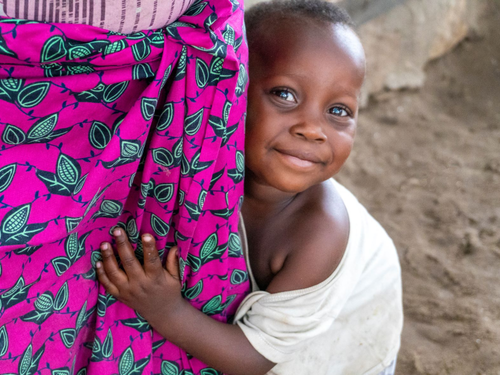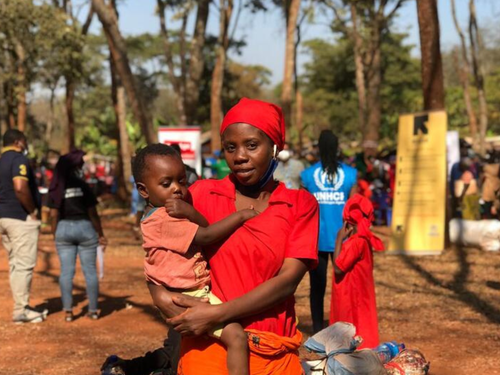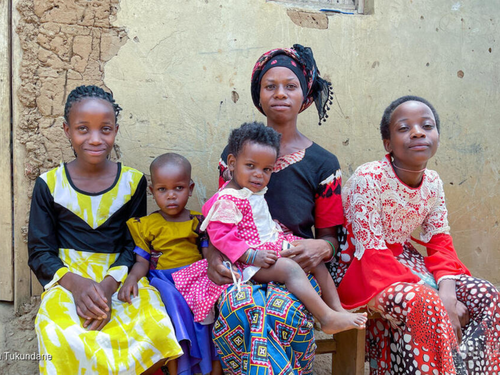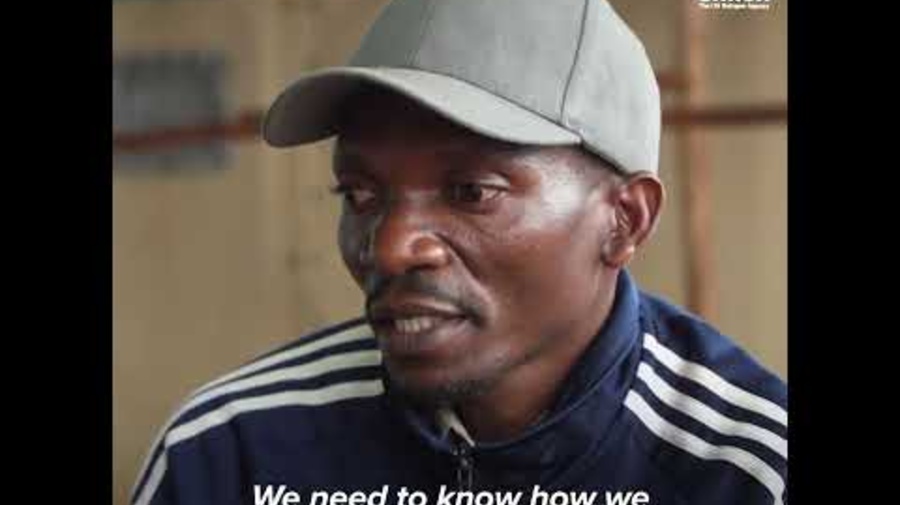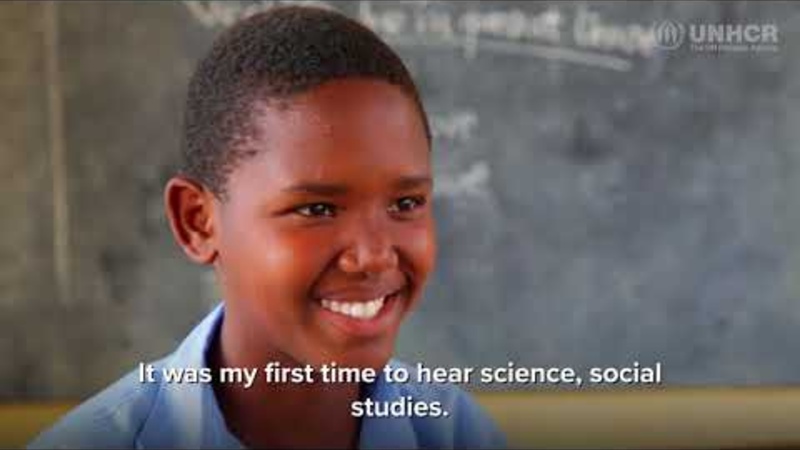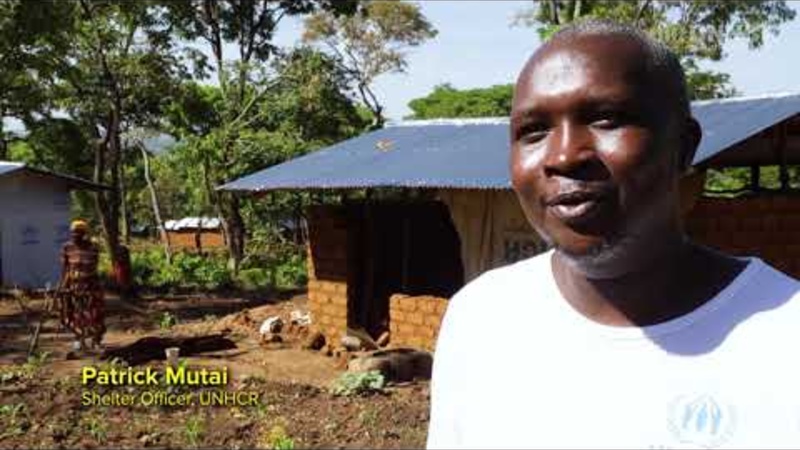Burundi situation
Burundi situation
refugees
UNHCR and multi-agency funding appeal
The people of Burundi are facing a humanitarian crisis marked by economic decline, extreme food insecurity and a disease outbreak. While the worst of the violence has eased, the situation remains fragile, with an unresolved political situation and continued displacement within and outside the country.
What is UNHCR doing to help?
UNHCR and its partners are working together every day to aid and protect Burundi’s refugees in Tanzania, Rwanda, the Democratic Republic of the Congo (DRC), Uganda and other nearby countries. Together, we are helping families reunite with lost loved ones and training camp community workers to spot signs of sexual exploitation and abuse. We are helping mothers give birth in proper health facilities and enlisting water engineers to drill new boreholes to supply water for refugees.
The Burundian refugee situation is the lowest funded of any situation globally. In 2018, UNHCR and its partners received just 33 percent of the required US$391 million requested to support Burundian refugees. The Burundi Regional Refugee Response Plan for 2019-2020 was published in late December 2018, and appeals for US$ 296 million in 2019.
Burundian refugees in Tanzania, Rwanda and the DRC arrive to find camps full and only temporary shelters available. Health centres are struggling to cope with huge numbers of patients. Education is very basic, and children lack sufficient learning materials; hundreds of children in Tanzania attend classes under trees.
“Burundi’s refugees are being forgotten. The world needs to urgently help these refugees and the countries hosting them.”
Catherine Wiesner, Regional Refugee Coordinator and Comprehensive Refugee Response Framework Champion for the Burundi situation
“Refugees who fled in fear for their lives find themselves struggling to provide the basics for their children in overcrowded, under-resourced camps,” says Catherine Wiesner, the Regional Refugee Coordinator and Comprehensive Refugee Response Framework Champion for the Burundi situation.
“Even as some refugees are opting to return home, the majority will still require international protection for some time to come. Wiesner added. “The international community needs to live up to its global commitments to urgently help these refugees and the countries hosting them.”
In line with the Comprehensive Refugee Response Framework, UNHCR is working with governments and partners to support host communities and to give Burundi refugees more opportunities to become self-reliant. Meanwhile, some refugees have been choosing to return to Burundi. While UNHCR is not promoting returns, since September 2017 we have been assisting those who are voluntarily choosing to go home to do so safely and start to rebuild their lives.
For the hundreds of thousands of Burundian refugees who still require international protection, more global support and funding is needed to provide urgent life-saving assistance for today, and long-term solutions for the future.
How can you help?
